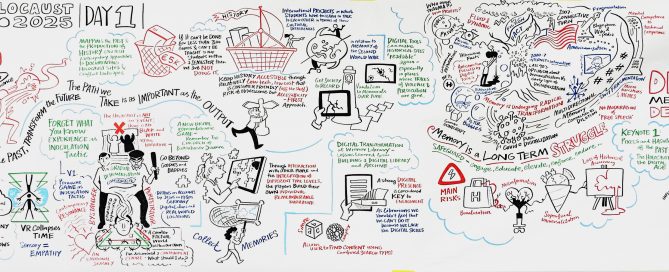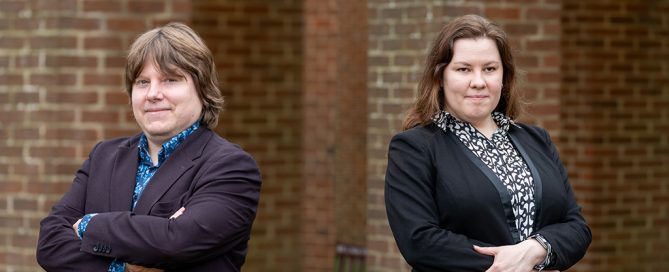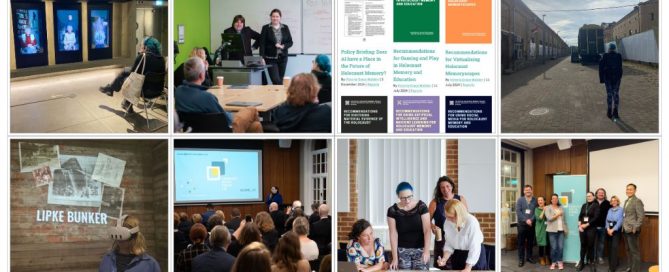The Inaugural Connective Holocaust Commemoration Expo 2025
By Mel Poluck We built a games arcade, an exhibitor hall, set up various exhibitions and VR suites, ran a mini project hack, showcased work-in-progress, learnt new skills through workshops, engaged in debates and discussions, networked, hosted ‘let's play’ sessions and went to the beach together. This was the inaugural Connective Holocaust Commemoration Expo 2025. Why did we do it? One of the overarching aims of the Landecker Digital memory Lab is to create a community of individuals and organisations working in the field of digital memory that cuts across traditional silos, nationalities and disciplines. To this end, we are convening a series of three international events, starting with the Connective Holocaust Commemoration Expo 2025, held at University of Sussex last month. After months of intense planning and preparing, on Tuesday 24 June, as delegates began streaming through the doors of the Jubilee building to the registration desk, it was heartening to see attendees arrive from so many affiliations and countries. There were representatives from more than 30 countries among Expo participants, including student ambassadors, from across the Middle East, from Latin America, North America, Europe and Asia. https://youtube.com/shorts/v4dRS_Jc5Zo Setting the tone We wanted to create an event that [...]


